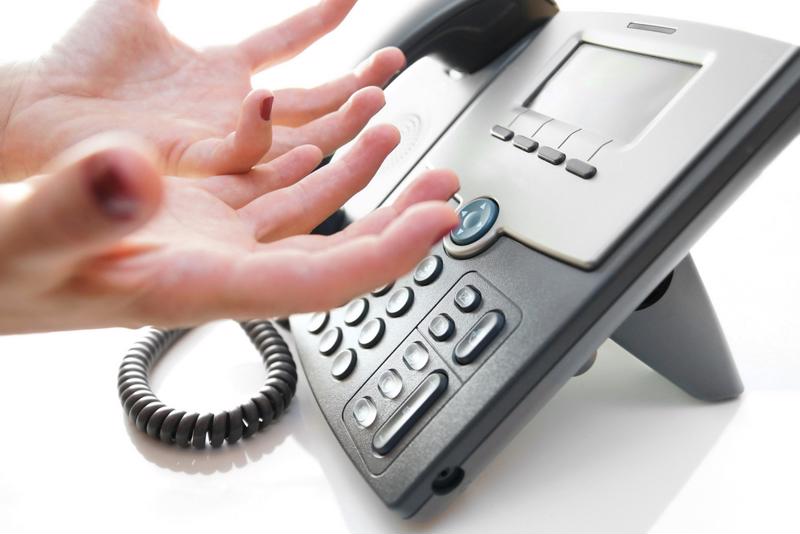Verizon is having some major trouble with its union workers. The telecom giant has been unable to reach an agreement with 36,000 wireline employees concerning contract and benefit disputes, according to The Verge. These workers – who are based on the East Coast – are affiliated with the Communications Workers of America as well as the International Brotherhood of Electrical Workers.
The major concern right now is the fact that the strike could have some major repercussions for the East Coast's copper wire infrastructure. These employees are highly trained individuals, and the loss of their expertise for an extended period of time could equate to a slowdown in service.
"Whether or not Verizon customers will run into outages remains to be seen."
Not the first time Verizon has been in trouble
Verizon is no stranger to controversy when it comes to the company's copper phone lines. We've previously discussed allegations of overcharging landline customers to help pay for a wireless infrastructure they didn't use, but this particular union disagreement has more in common with a 2011 strike of 45,000 Verizon employees.
Then, like now, the CWA and IBEW was unable to reach an agreement with Verizon concerning a contract dispute that couldn't be solved fast enough to mitigate a strike, according to NJ.com. Due to the massive number of trained professionals leaving all at once, Verizon experienced some issues providing service to its customers.
This is what makes this most recent strike interesting, as the company has gone on record saying it doesn't expect to run into major service problems. Clearly, Verizon has had trouble in the past keeping its copper lines operational during such turbulent times. Whether or not Verizon customers will run into outages remains to be seen, but it is obviously a possibility.
However, it would appear that this entire debacle can be traced back to Verizon's move away from landlines and copper wire toward a more wireless infrastructure. According to the Centers for Disease Control and Prevention, just over 47 percent of American households do not own a landline, opting instead to rely on cellphones. Verizon knows that fewer people are using copper wire technology every year, and it just makes sense to move their business to a more profitable area. That said, this move has some big implications.

How will this affect legacy fax machines?
Due to the fact that legacy fax machines rely on copper phone lines, this strike could very well mean that fax users who utilize Verizon's infrastructure will be left unable to send messages. This is a major problem because many important industries need their fax services to be operational in order to function properly.
Perhaps the most prominent of these industries is health care. The medical sector must adhere to the Health Insurance Portability and Accountability Act, which lays out extremely strict rules regarding the transfer of patient records. Although outages most likely won't put any lives in danger, they could slow down an already over-encumbered process.
FoIP avoids the problem altogether
This whole situation is just yet another reason for organizations to switch to Fax over IP for their document transfer needs. Not only does FoIP work over the internet, thereby avoiding copper wire problems altogether, it's also a much more efficient tool. Administrators can quickly search archived faxes, as well as access documents from any location with internet access. FoIP is just a better piece of technology with a higher rate of reliability.
Enhance enterprise communication, collaboration and compliance efforts with a proven FoIP solution from FaxCore. Contact FaxCore today to learn more about their 'Partly-Cloudy' fax solutions.



